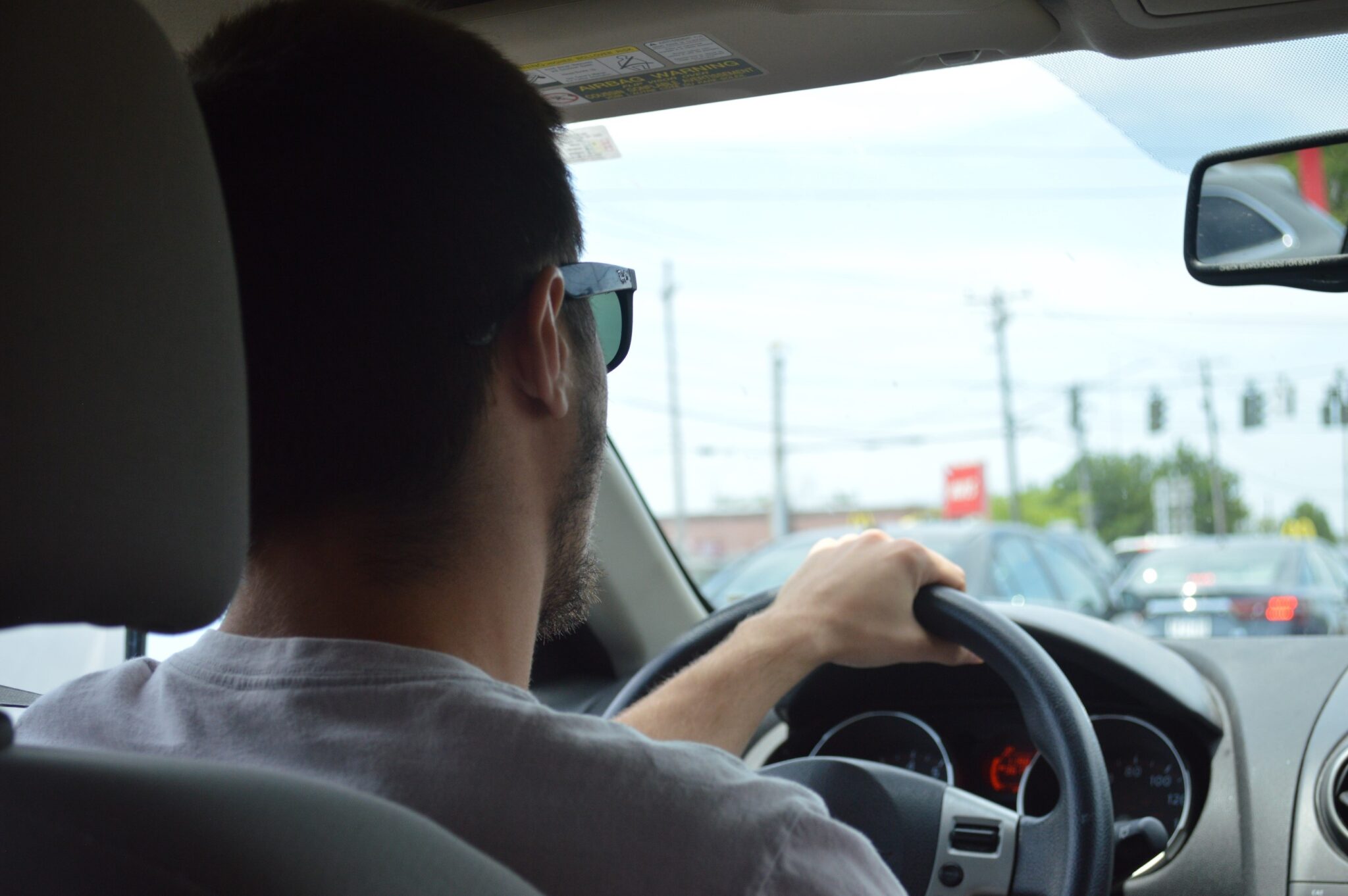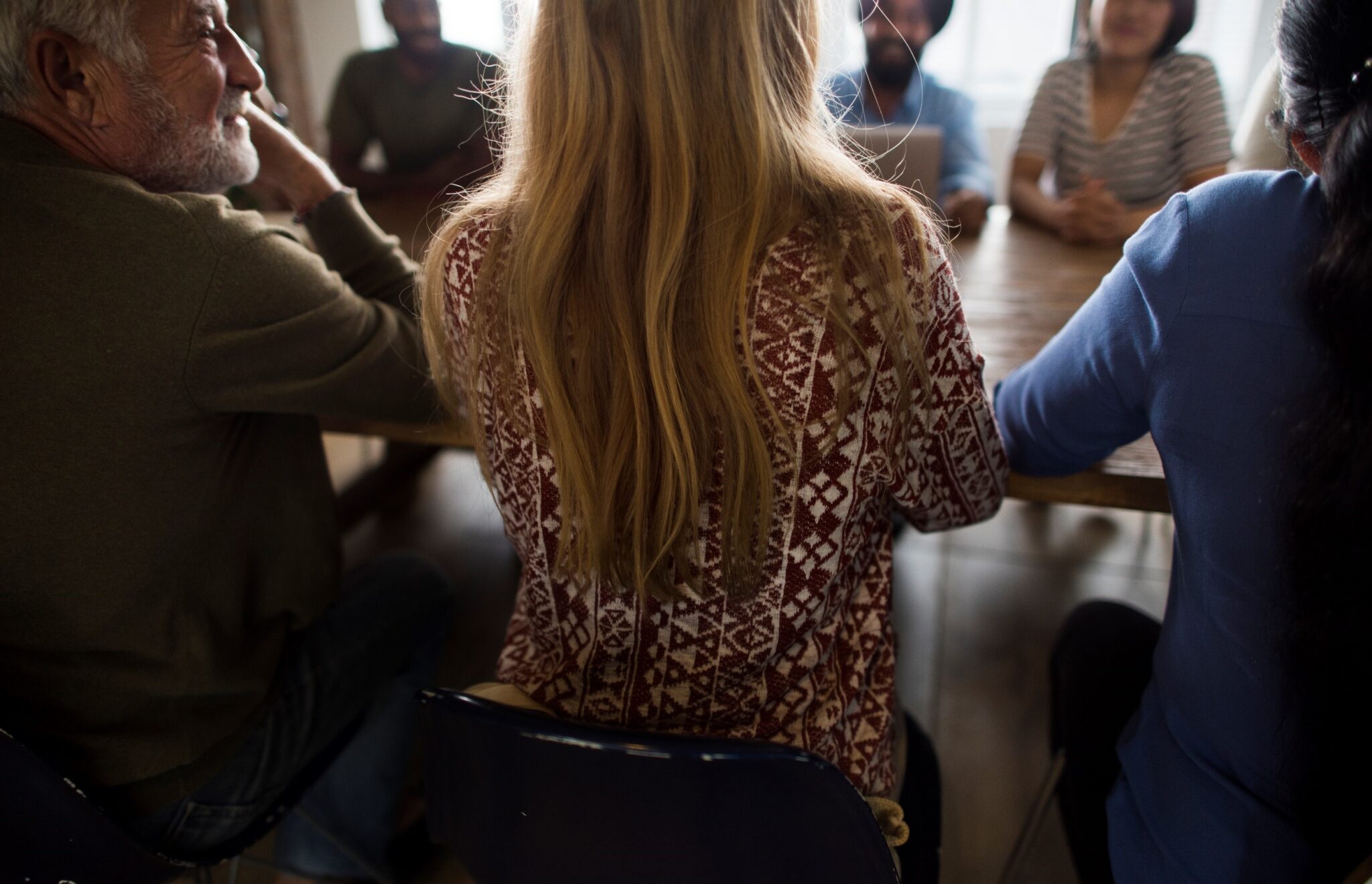Working through “tough stuff”
March 21, 2024
We’ve all been there. At that long red light, stuck in traffic, our plans for the day sliding out of control, our schedule completely messed up. For our client, James*, the loss of that control would send him into a rage, straight into an emotional response. He’s not alone there.
He’s also not alone in reaching for an easily accessible drug, such as cannabis, or having a drink at the end of a hectic day to wind down.
However, for James, from the ages of 18 to 24, he came to normalise a regular use of cannabis and alcohol as a way to maintain his calm. He said he had created a friendship circle around it, which encouraged and sustained that lifestyle. Years later, the use also helped him deal with back pain.
“It’s been about pain and anger management – it’s helped me, and helped with tolerating people and situations,” he said. “I’d get caught up in the feelings and go into a rage, sending me down wrong paths. I’d try to get off, but my circle kept bringing me back.”
Now in his 18th year of using cannabis, James has been working hard to reduce his use. He now limits it to medicinal cannabis and is well on the way to the next round of cutbacks. What’s more, he realises that . . .
“. . . after 30 years of never having someone standing in my corner, throwing a lifeline, I’ve now got that.”
He found this support at Drug ARM’s Day Program – though initially, he didn’t expect it.
“I thought it was going to be more like drug rehab and just focus on drug management, and be telling us what we can and can’t do, but when I went, it was much more than that, more of a behavioural course,” he said.
With only one week until completion, James said, “I would redo the program a hundred times over. It helps you to relearn your core beliefs, rebuild structure and scheduling – a lot of us have lost this along the way.
“I’m now digging through 30 years of stuff. They target things that I didn’t even know needed targeting. It gives you a lot of information – at times its repetitive but that helps it stay in your memory, and you have it all to look back on.
“What I’ve learned is how to process my thoughts instead of reacting. When I’m angry at traffic, and wind myself up… it’s good to be able to analyse that and not just react. One of the hardest learnings for me was about letting go of control.”

James is not the only client who heads into our Day Program with doubts or reluctance or preconceived misconceptions.
One of our Ipswich-based program facilitators said lots of our clients had social anxiety. “I’ve seen people have panic attacks just getting through the front door. It can be really scary for them. But having the smaller groups makes it easier, and they soon see – we’re there for them, we’re there to help, we’re not judging… when they realise that, they relax,” she said.
She said there was also reluctance from those being pressured into attending as people didn’t tend to like being told what to do.
“But when they start to learn helpful and practical things such as emotional regulation, communication and conflict resolution skills, anger management, relationship building – they start to open up to it.
“A lot of them wish they’d learned this earlier or were taught it in school. Many have grown up in domestic violence situations and don’t know how to relate healthily.”
Another recent client, Mark* initiated his own attendance. It was the first time he had voluntarily reached out for support for his 20+ year use of amphetamines (speed), as well as some use of methamphetamine (ice).
He had previously been pressured into residential rehabilitation, and at that time entered a private centre, which had helped him break his cycle of use. However, at that time, he said he was experiencing a high level of stress on his mental health and he wasn’t quite ready for it.
“Back then in private rehab, it was the first time I had really tried to do any work on myself and I was in shock. The biggest stress at the time was being away from my family which I think stopped me from fully taking it on,” he said.
Mark said this time at Drug ARM’s Day Program it was much different.
“I’ve always been able to use for a while then take a break. Then I became aware that I couldn’t just take a break, that I needed it. I was also aware of the mental toll the long-term drug use was having and being closer to 40, I wanted to try and get it under control,” he said.
“I realised I needed help. That’s the main difference – this time – I got myself there.”
Now, wanting the support, he’s been engaged with the Day Program.
“I didn’t pay this much attention at school! I’m taking notes, taking them home to discuss. Now I know what I want to get out of it. And I definitely feel I’ve got support,” he said.

Mark said unlike residential treatment, the Day Program meant he was applying the learnings straight away. “I’m trying to apply it in the day to day. You work on yourself during the day and go home with it. I’ve seen a massive shift in my way of thinking. Things are starting to click.”
Our facilitator said the Day Program involved small groups of no more than 12 participants, aged 18 and over, attending for 20 hours per week (three days) over a 12-week period, with participants going home at the end of each day.
She pointed out that this gave them the flexibility of having two free weekdays and a weekend to do paid work or maintain their family, home or other commitments. They also didn’t have to give up things like smoking, or the lease on their rental accommodation.
However, she admitted going home during the program posed challenges, as they were going home to their usual settings, which could be triggering. But on return to the program they could learn from what happened – so in a sense they were learning as they went along in life, and the support didn’t just end.
“The Day Program is a good stepping stone – it’s 12 weeks, so not a huge commitment, and throughout the program, we connect participants with other supports in community and with other Drug ARM programs, such as our free counselling. It’s not 12 weeks and you’re done, as they then have those other supports in place.
“And the program is not just about drugs. It is about how to manage your mental health and relationships. Not a lot of people learn how to communicate, to set boundaries, to be assertive, to manage anger. Learning these things can really help.
“Some will get more out of it than others. For some, it’s enough to get some dignity and respect.”
Our facilitator said she enjoyed seeing the camaraderie build up between the participants over the weeks, especially as they came to realise they were not alone in what they’d been experiencing.
“It’s a privilege to watch growth – not everyone gets to see that,” she said. “I love watching them learn and grow – I believe there’s magic in every person.”

But it doesn’t come easily.
As James put it, “It doesn’t happen overnight. You have to put the effort in. You can’t keep letting your trauma kick you… if you find it too raw and triggering – well that’s because it’s working. If you walk out every time you’re triggered than you’re not going to fix it. You have to work through the tough stuff.
“For me, the program was bang on with what I had to re-evaluate and go back to basics with.”
For Mark, while the shifts were happening, and he was ready for change and found the information helpful, he was still finding the going tough. “It’s good to know I’ve got the support there and I’ll keep going with the individual counselling.”
Our Day Program is offered at Ipswich and Roma. As an incentive, participants who achieve 75% attendance are rewarded with keeping the Samsung device that they use during the program. They also, if eligible, can apply to get up to $3000 SPER debt removed.
But for many clients the most powerful incentive is their own readiness for change. It’s all about what they need with where they’re at. The Day Program provides a lot of tools and knowledge which can be applied whenever ready for it.
“Sometimes they need to get away fully into residential rehab, but some just need that harm minimisation and to reduce their use. The Day Program is good as a precursor to residential rehab to prepare for that intensity or good as a follow-up to residential living to help with that transition back into community,” our facilitator said.
“In the end, it’s all about lifelong learning. It takes practice. It’s about getting back up and having another go, not to beat ourselves up, but to be equipped with valuable lessons and to keep having a go.”
To enquire about the Day Program or other support options, contact Drug ARM Intake on 07 3620 8880 or email .
*Client names have been changed for privacy purposes. Stock images have been used.